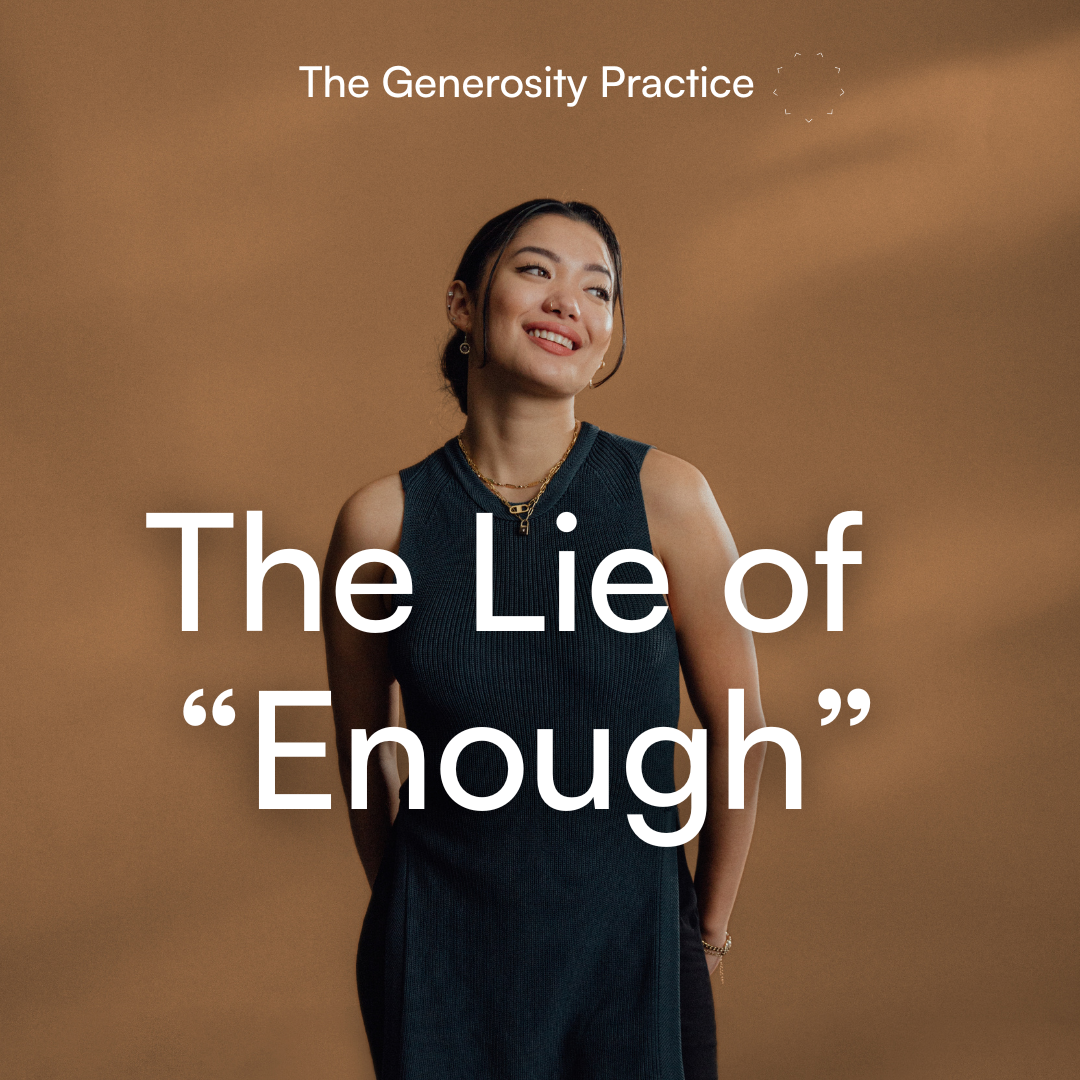Hurt vs Healing: Our two paths to choose
These days, it feels like everyone is quick to take offense or even take offense for others. A single comment, an innocent oversight, blunt words, or even a different opinion can set off a storm. But what if there’s a better way— one that doesn’t just avoid offense but leads to peace and freedom? Scripture calls us to something higher: to overlook offenses, entrust justice to God, and walk in healing rather than hurt.
Romans 12:17-19 gives us a clear roadmap: “Repay no one evil for evil… If possible, as far as it depends on you, live at peace with everyone.” It goes on to remind us that vengeance belongs to God, not us. Instead of seeking revenge (which can be as simple as emotionally reacting or responding to someone for something) or dwelling in offense, God invites us to trust him and believe his justice is enough— freeing us to live without the weight of bitterness. His justice, not our own, is enough. Can you handle that?
The Trap of Sensitivity and the Freedom in Grace
The Apostle Paul knew the dangers of living with thin skin. In his letters, he challenged believers to rise above minor offenses and avoid petty arguments that could damage relationships and the church. In 1 Corinthians 13:5, he says, “Love is not easily angered; it keeps no record of wrongs.” Real love—a love rooted in God—doesn’t look for opportunities to be offended. Instead, people of love intentionally strive for understanding, humility, and peace. People of love also extend grace and believe the best about others.
Paul’s reminder is crucial for us today. When we live hyper-aware of every slight, we’re giving power to our pain rather than surrendering it to God. In Colossians 3:13, Paul urges us to “bear with each other and forgive one another if any of you has a grievance.”
This call to forgiveness isn’t just about big betrayals; it includes the everyday minor offenses that come up in our regular interactions, family dynamics, and friendships. Choosing to overlook offenses keeps us from getting trapped in cycles of resentment and sets us free to focus on what truly matters.
Two Plans: The Lamech Plan vs. the Jesus Plan
In Genesis, we see Lamech boasting of his vengeance: “If Cain is avenged seven times, then Lamech seventy-seven times” (Genesis 4:24). This “Lamech Plan” is a cycle of escalating hurt. It’s about paying back pain for pain, a mindset where offense grows until it consumes us.
Jesus turns this upside down in his Kingdom. He calls us to forgive “seventy-seven times” (Matthew 18:22), echoing Lamech’s words but transforming them into a message of relentless forgiveness. He takes Lamech’s savage words and turns them into saving words by offering us a way out of the revenge cycle, that leads to death, to lead us to his life of true peace.
Living Out the Jesus Plan
When we’re quick to forgive and slow to take offense, we reflect God’s heart (James 1:19-21). Living the Jesus Plan means releasing our pain and letting go of the need to “even the score”— which again, could be as simple as flexing your emotions toward someone who has hurt you. Instead of feeding our sensitivity, Jesus leads us to develop resilience and trust God with our hurts. This isn’t about ignoring wrongs but about choosing not to let them control us.
Here’s how to start:
Pause, Pray, and Seek God’s Perspective: When offense arises, take a moment to invite God in. Ask him to show you his heart in the situation and help yours align.
Overlook Offenses: This doesn’t mean excusing bad behavior, but choosing not to let small hurts derail your peace.
Trust in God’s Justice: Remember, God sees everything. Hand your hurt to him and trust his promise to make things right.
Pursue Reconciliation: When possible, work toward peace. Living at peace with others often means choosing to let go rather than escalate. Often times it's better to not reveal your hurt, but actually just move forward in the relationship together. If the person is unapologetically spicy and toxic, you may need to initiate boundaries so you can move forward in a different way.
A Call to Reflect and Pray
Paul’s words and Jesus’ example challenge us to live differently in a world that’s easily offended. When we let go of our urge to defend every slight or repay every wrong, we experience a freedom that only comes through surrender to God. It’s a life that’s unburdened by bitterness and rich in peace. Let’s choose to live the Jesus Plan which breaks us free from the cycle of sensitivity and hurt by embracing a life that rests in God’s peace and forgiveness. It’s not easy, and it can be pretty hard at times, but it’s Jesus’ way to follow into real freedom.
Scripture
“Love is patient, love is kind. Love does not envy, is not boastful, is not arrogant, is not rude, is not self-seeking, is not irritable, and does not keep a record of wrongs.” 1 Corinthians 13:4-5 CSB
Prayer
Father- Help us to live out your way of forgiveness. Teach us to overlook offenses and trust your justice. In Jesus name Amen.
Go be and make disciples!
If you found value in this, here are some additional articles for you.





